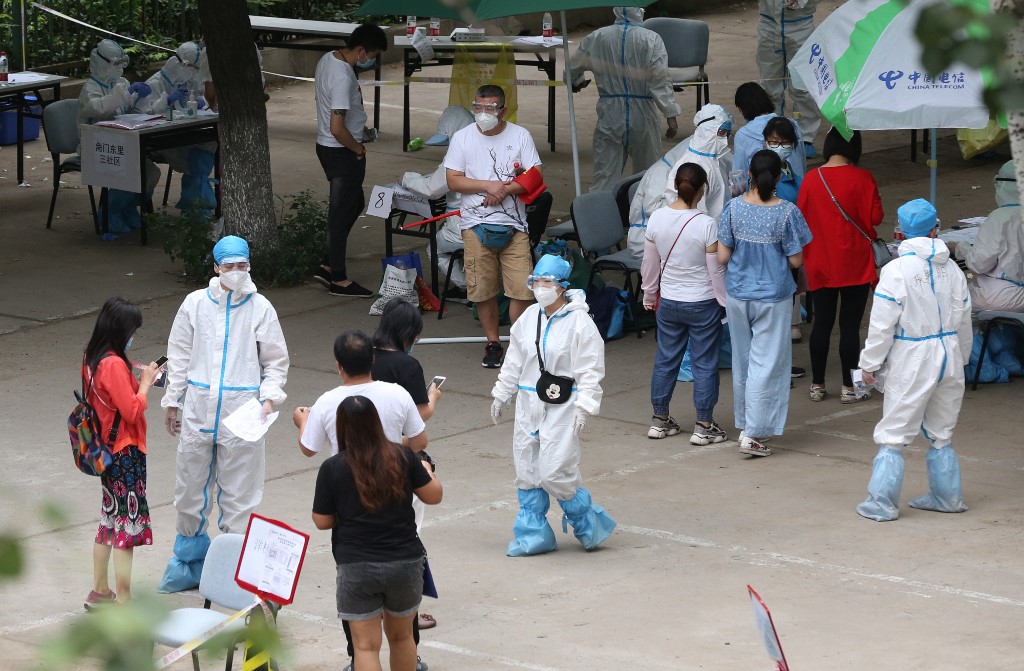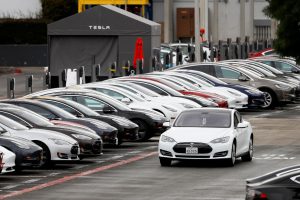(ATF) Investors are understandably eager to figure out the likelihood of getting the Covid-19 pandemic under control. Unfortunately, those looking for answers are faced with conflicting signals, including the prospects for and effectiveness of a vaccine and the economic outlook.
The search for a vaccine has been broadly in line with what was hoped. Multiple candidates produce a robust measurable immune response. While it is unclear whether this is sufficient to protect against infection or disease, it is reassuring that several candidates can replicate the response of recovered patients who have cleared the virus. There had been concern that the level of antibodies in recovered patients waned unusually rapidly; in fact, this is to be expected post infection, as it would be incredibly unhealthy to maintain high levels of antibodies for every infection.
Nevertheless, uncertainty remains on how long it will take for a vaccine to become available. There seems to be no evidence a vaccine will not work and it is positive that nobody has said we have got to go back to square one. But all the same, it is important to recognise that it is likely to be a long slog out of this. Even if a vaccine is 100% effective, everyone still needs to get vaccinated globally and that is going to take time.
For now, we should expect continued progress in treatment. For example, recent US fatalities have been lower than might have been expected given rates of infection over the past six weeks, even allowing for the lag between the two. This suggests treatment has already improved materially since the spring. This offers reasons for optimism. In the event vaccines and treatments take longer to come, the spread of infection can be controlled with fewer restrictions and economic pain than has been seen so far.
Lengthy rollout?
However, even if a vaccine passed its trials tomorrow, there would still be a lengthy rollout period during which current challenges to health and economic activity would continue.
Evidence suggests that economic activity declines in areas where caseloads increase, even if official restrictions are not introduced. While localised restrictions could be imposed rather than national lockdowns, it still threatens investor expectations of a steady path back to ‘normal’.
Looking around the world, China taught us the virus is more containable than most western experts believed. It has shown that Covid-19 can be contained, but it depends on how determined one is.
Everyone is excited about the idea technology will save us, but the reality is that no other country has the take-up of apps needed to achieve this. In China, the take-up was not optional: the app was compulsory. If a person could not show their green, amber or red status, they could not take public transport or would not be allowed into shops.
South Korea has been effective for several reasons, not least because it has had full access to location data from phones. When someone has tested positive, authorities have notified others who are likely to have come into close contact with them.
Privacy concerns
Clearly, a country’s ability to suppress the disease is assisted by an ability to override privacy concerns.
Weighing on top of these considerations is the fact that many of the emergency support measures are due to end, which could hit household incomes and confidence. This is why the Fed and others have made it clear further fiscal support is needed.
One positive is that co-ordination between fiscal and monetary policy is unlike that of the global financial crisis, where austerity was deemed the appropriate response to increased deficits. It is questionable how effective quantitative easing was in delivering growth or inflation, even though it propped up financial assets. It will be interesting to see how long into the recovery fiscal expansion will be pursued for.
Progress on a vaccine would provide support for equities – especially where the pandemic poses an existential threat, such as leisure and airlines. However, it is important not to underestimate the time lags involved in any rollout.
European markets are attractive, partly because US equity valuations have got so stretched, partly because European countries seem to have done a better job of navigating their way out of lockdown, and partly because Europe appears to have got its act together in terms of the fiscal response.
But one cannot be heavily underweight the US, given the extent to which many technology companies have benefitted from trends brought on by the pandemic, such as the shift to working and schooling from home and increased online shopping.
As for bonds, the US has still got the highest-yielding bonds. As one goes further along the curve, it is probable that a modest return can be made, as it looks as if it will be a long slog out of this crisis.
Even if a vaccine is not found, a bit a money can still be made. But if one looks at most markets, there is little to be made.
























